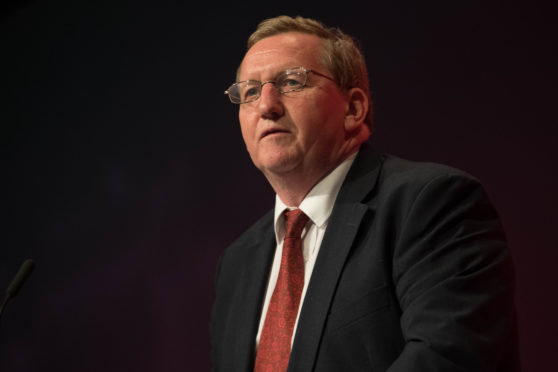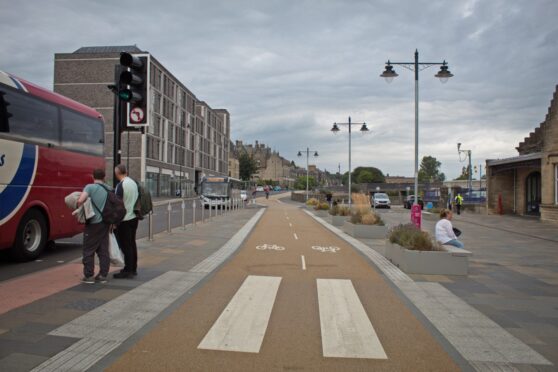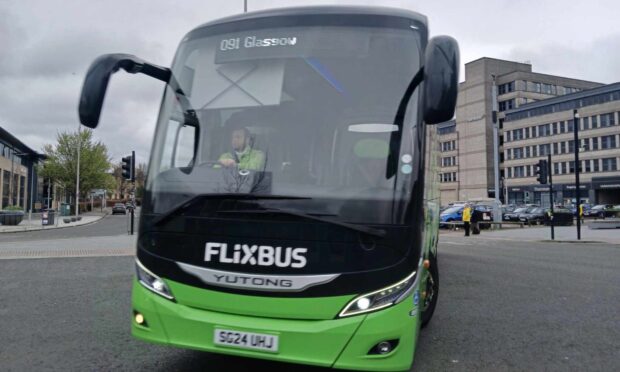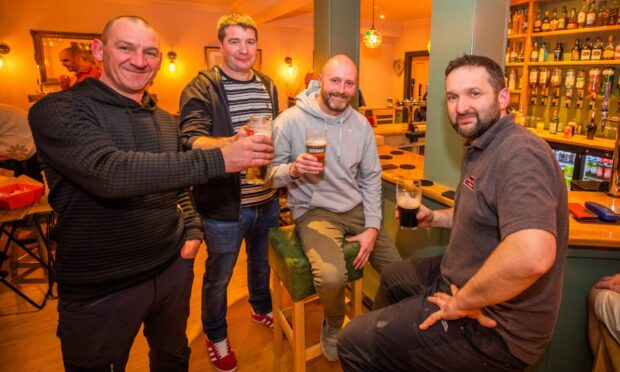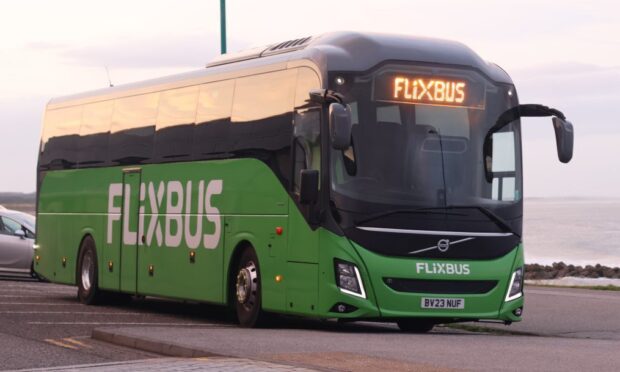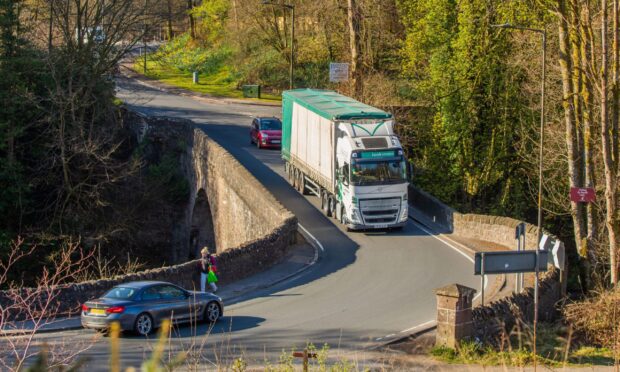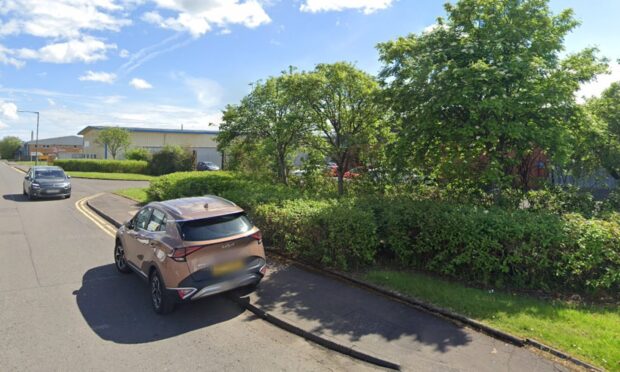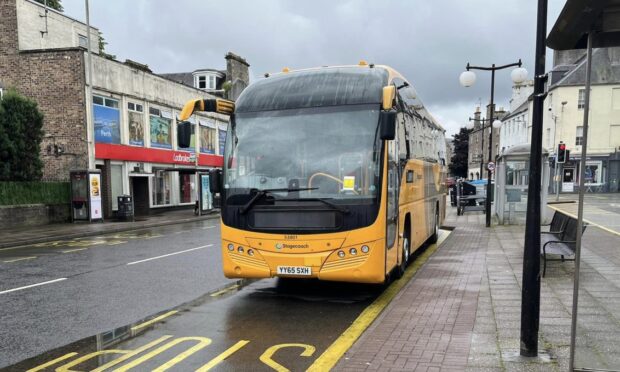Transport minister Michael Matheson has confirmed Fife rail fares will increase by an average of 2.4% in January – despite claims the region is continuing to suffer a sub-par service.
It comes after Fife Labour MSP Alex Rowley pressed the Scottish Government on the issue following the latest round of complaints about delays, cancellations and dangerously overcrowded trains on services between Fife and Edinburgh.
ScotRail reinstated stops at Kinghorn, Aberdour and Dalgety Bay on a key peak-time morning service last week after a public backlash against the autumn timetable.
However, the company was branded a “total joke” just a day later when the Edinburgh-bound train went past Kinghorn and Aberdour because a train driver had been given wrong information.
Mr Matheson insisted performance had been improving across Fife compared to last year, with commuters seeing a “substantial” reduction in cancellations since April, but Mr Rowley said Fifers deserved a price freeze for putting up with the situation.
“The amount of e-mails I get from people who have had a bad experience when accessing the Fife Circle train line has not decreased,” he said.
“The fact is Scotrail/Abellio are not running enough stock on the Fife services and will not commit to when this will be improved. They say not before June 2020 but still we are expected to pay more for this poor service.
He said thousands of people were being priced off the railways and the fares increase in January will make that situation worse.
“The rail unions are campaigning to have the railways taken into public ownership with the funds available being put into improving services and this is the course of action we need,” he said.
Mr Matheson said any change to rail fares would have a “significant” impact on taxpayers.
“ScotRail fares are, on average, 20% cheaper than those across the rest of the UK,” the minister said.
“In January 2020 fares in Scotland will increase by an average of 2.4%. Regulated peak fares will increase by 2.8, and, unlike elsewhere in the UK, regulated off-peak fares will be capped at a lower rate of 1.8%.
“This will help make off-peak travel attractive – with the aim of encouraging rail use in the off-peak period and freeing up capacity at busy peak times.
“While any fare increase is unwelcome, calls for measures such as fares cuts or a fares freeze underestimate the impact of such measures on the public purse.”
